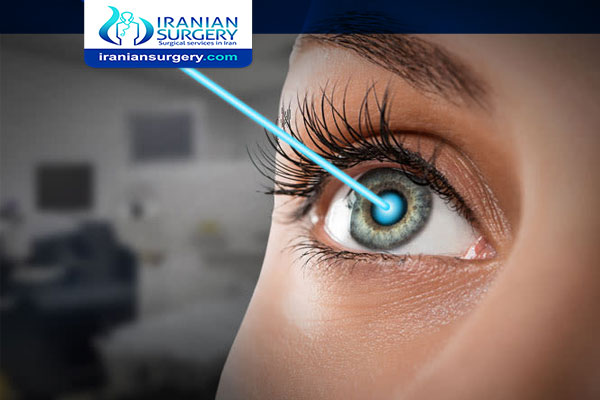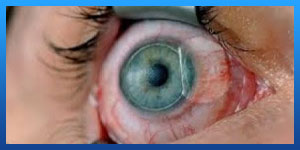Refractive Surgery

What is Refractive Surgery?
If you have a refractive error, such as nearsightedness (myopia), farsightedness (hyperopia), astigmatism or presbyopia, refractive surgery is a method for correcting or improving your vision. There are various surgical procedures for correcting or adjusting your eye's focusing ability by reshaping the cornea, or clear, round dome at the front of your eye. Other procedures involve implanting a lens inside your eye. The most widely performed type of refractive surgery is LASIK (laser-assisted in situ keratomileusis), where a laser is used to reshape the cornea.
For people who are nearsighted, certain refractive surgery techniques will reduce the curvature of a cornea that is too steep so that the eye's focusing power is lessened. Images that are focused in front of the retina, due to a longer eye or steep corneal curve, are pushed closer to or directly onto the retina following surgery.
Farsighted people will have refractive surgery procedures that achieve a steeper cornea to increase the eye's focusing power. Images that are focused beyond the retina, due to a short eye or flat cornea, will be pulled closer to or directly onto the retina after surgery.

Astigmatism can be corrected with refractive surgery techniques that selectively reshape portions of an irregular cornea to make it smooth and symmetrical. The result is that images focus clearly on the retina rather than being distorted due to light scattering through an irregularly shaped cornea.
Read more about : Lasik eye surgery
Read more about : Best age for lasik eye surgery
Refractive surgery might be a good option for you if you:
. Want to decrease your dependence on glasses or contact lenses
. Are free of eye disease
. Accept the inherent risks and potential side effects of the procedure
. Understand that you could still need glasses or contacts after the procedure to achieve your best vision.
. Have an appropriate refractive error.
There is no universally-accepted, best method for correcting refractive errors. The best option for you should be decided after a thorough examination and discussion with your ophthalmologist. If you are considering refractive surgery, you and your ophthalmologist can discuss your lifestyle and vision needs to determine the most appropriate procedure for you.
Source:
. https://www.aao.org/eye-health/treatments/what-is-refractive-surgery

